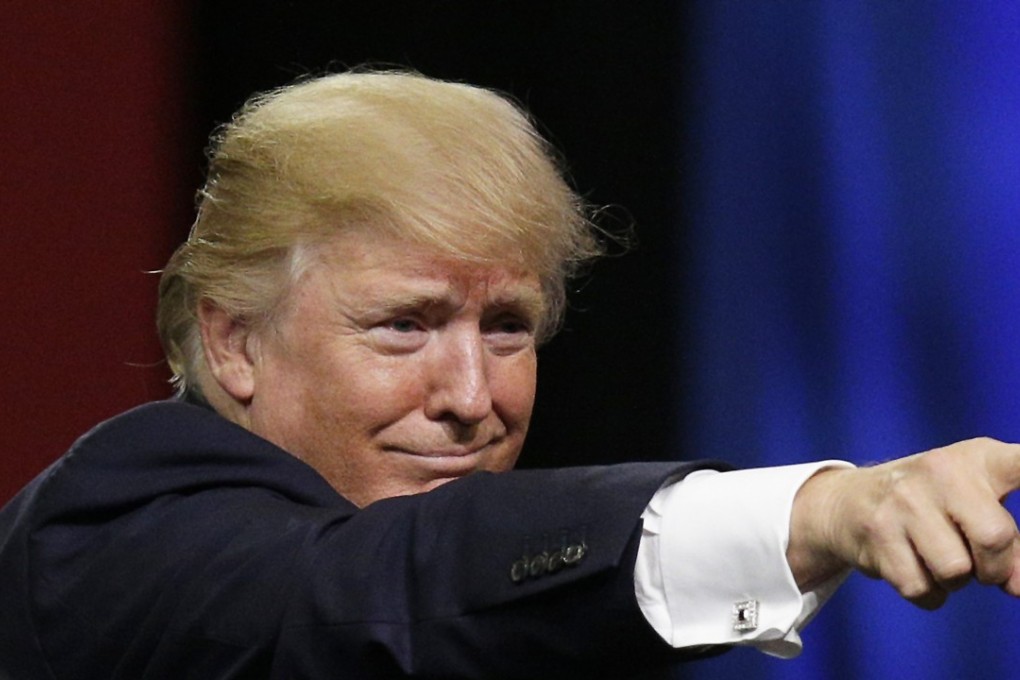Trump’s UN speech and Germany’s election show borders are back
Niall Ferguson says boundaries between countries are determined more by force than logic or democracy, and the rejection today of globalism by the likes of Donald Trump will only harm small nations

In 1985, five European states signed the Schengen Agreement, abolishing border checks between them. In 1996, John Perry Barlow wrote his Declaration of the Independence of Cyberspace, addressed to the “governments of the industrial world”. He told them: “Cyberspace does not lie within your borders.”
“As president of the United States,” he said, “I will always put America first, just like you, as the leaders of your countries, will always, and should always, put your countries first.” Trump’s assertion was one of the few lines in the speech that won applause.

Yet when you reflect on borders, you see how strange the world is. Ninety-five per cent of all people live in fewer than 90 countries. Yet the United Nations has 193 members. Among its most recent recruits are East Timor (1.3 million) and Montenegro (629,000).
Myanmar cartoonists lead the media in jeering Rohingya
